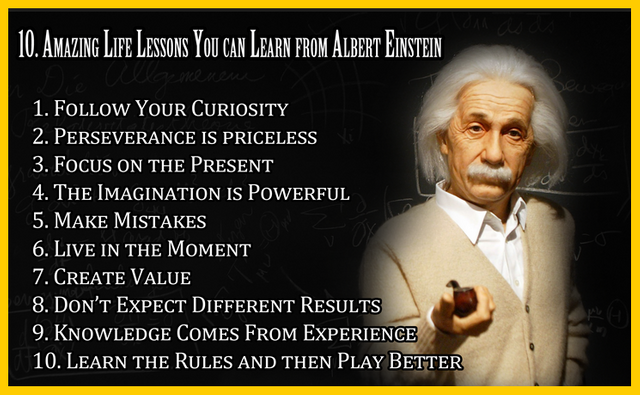Did you know about Autism?
What is Autism?
Autism is spectrum disorder which is challenges with social skills behaviors speech and communication. Six or more symptoms from the following areas:
Problems with Socialization
- Difficulty using non speech behaviors for social interaction
- Failure to develop peer relationship
- Lack of spontaneous seeking to share enjoyment, interests, or achievement
- Lack of social or emotional responding
Problem with Communication
- Delay in or lack of, spoken language
- Inflexible and repetitive use of language
- Difficulties with starting or continuing a conversation
- Lack of varied, spontaneous make-believe play or social imitative play
**Repetitive or Inflexible Behaviors****
- Rigid following of non-functional routines
- Obsessions with inflexible and limited interests
- Obsessions with parts of objects
- Inflexible and repetitive movements
They have some Self-Stimulatory Behaviors
- Body movements
- Visual
- Auditory
- Oral
- Tactile
- Smell
Autism Spectrum Disorder is a developmental disability
''significantly affecting verbal and nonverbal communication and social interaction that adversely affects a child's educational performance'
Famous Autistic People
Albert Einstein
Einstein had difficulty with social interactions, had tactile sensitivity, was very intelligent yet found his language difficult at times, and had difficulty learning in school. It may have been that Einstein had such a hard time with learning in school because he did not have the accommodations and different teaching styles that many autistic children need. Because of this, it makes perfect sense that someone so intelligent and full of ideas about the world could fall behind in school.
It also makes sense that, because of his social interactions with others, he found it difficult to get a job despite his intelligence. Many of the individuals also have a lack of desire for food and the same disregard for timeliness of meals as Einstein. However, Einstein did not care what he ate and completed his meals with no complaints.
Many other autistics were very specific about the kinds, colors, textures, and smells of foods if they had any aversion to food at all. His carelessness for the time or necessity of food rather than persistence on what the food he ate is slightly different than most autistics. However, all autistics are different, and therefore it is in determinant whether this should be classified as an autistic trait or not. Einstein had a relationship with a woman whom he eventually married and had three children with.
The marriage seemed to have quite a bit of difficulty, but the woman gave birth to three children with him. However, although Einstein showed love and concern for his children, the he could not stand for the children to touch him. This, sounds very characteristic of an autistic.
It is important to realize that Einstein was very different and it was his difference that made him develop ideas that made him famous. Therefore, his differences made him the celebrated individual he is today. This should give us a second look at those who we consider different, and make us realize that being different is not a bad thing. It is instead, something to be celebrated and accepted.
[source]( <http://www.newscientist.com/article/dn3676-einstein-and-newton-showed-signs-of-autism.html)

**Sir Isaac Newton****
Newton was very quiet and not very good at ‘small talk’, or typical day to day conversations. He was extraordinarily focused on his work and had a hard time breaking away. He was often so focused that he forgot to eat during these times of intense focus. This is a trait very commonly found in autistics and this extreme focus often blocks out other things that would likely capture an individuals attention. Newton was not good at keeping or making friends as he did not appear friendly, nor did he know how to talk with individuals he did consider to be friends. Newton also relied strongly upon routines. For example, if he had been scheduled to give a lecture, that lecture was going to happen whether there was an audience or not.
[source]( <http://news.bbc.co.uk/2/hi/health/2988647.stm)
Can Autism be Cured?
Step 1: Fix Gut and Cool the Inflammation There
This step included a number of different tactics including:
- Taking away gluten and other food allergens
- Getting rid of his yeast with anti-fungals
- Killing off the toxic bacteria in small intestine with special antibiotics
- Replenishing healthy bacteria with probiotics
- Helping digest his food with enzymes
Step 2: Replace the Missing Nutrients to Help Genes Work Better
- Added back zinc, magnesium, folate, and vitamins A, B6, B12, and D
- Supported brain with omega-3 fats
Step 3: Detoxify and Reduce Oxidative Stress
Once biochemistry and nutrition was tuned up, we helped detoxify and reduce oxidative stress.
Improve nutrition, reduce inflammation, heal the gut, detoxify — this should sound familiar.
Information from Dr.Hyman
Vidoe about Autism. Doctor's Explanation
This video film is taken from Autism Movie in Tamil called Haridas